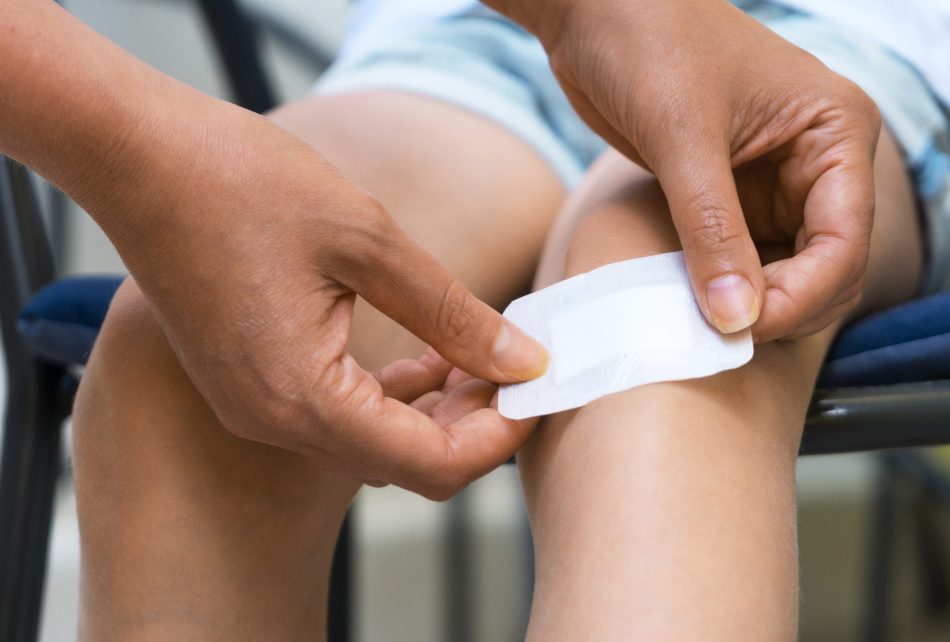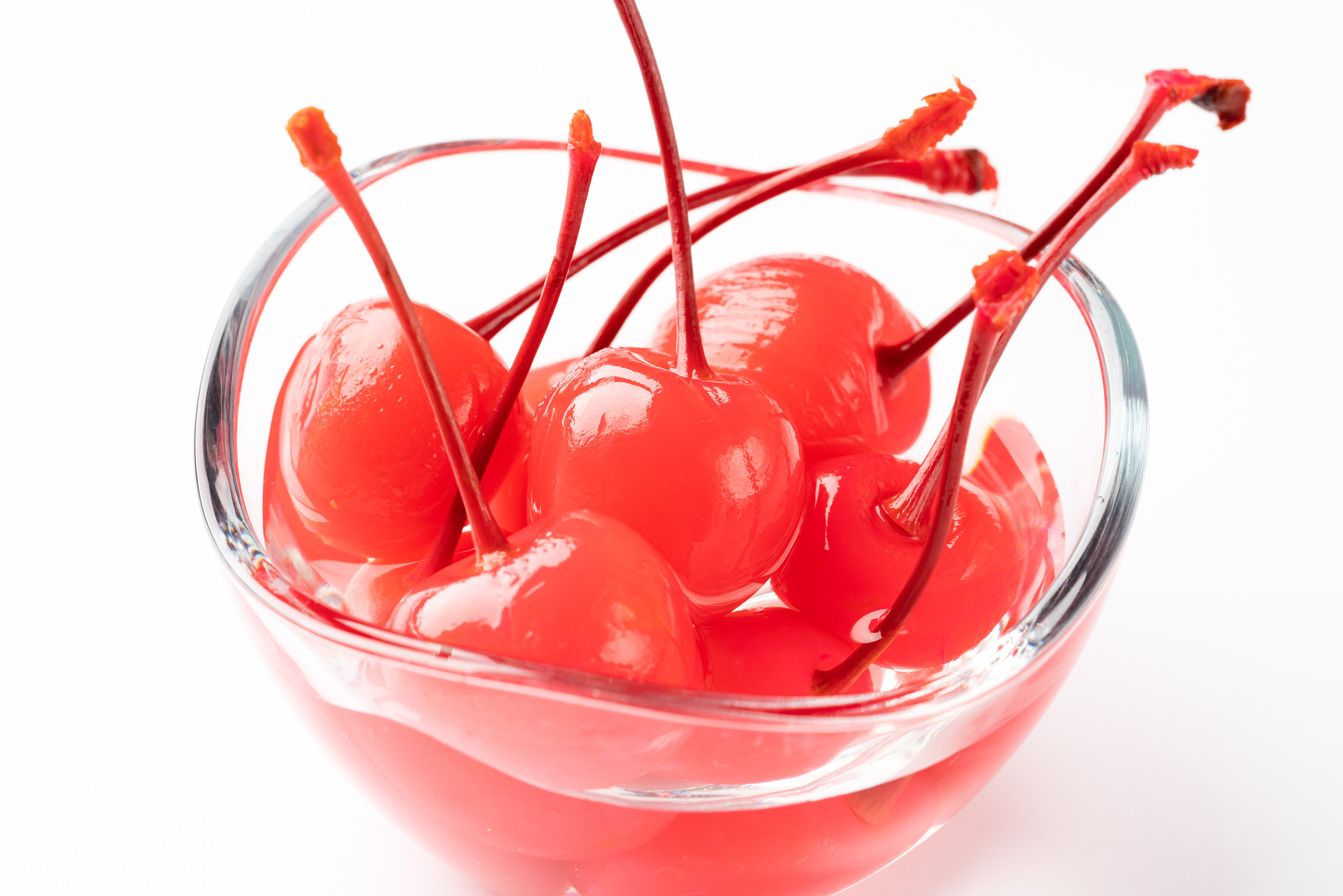When you have an open wound, your body forms scar tissue as fast as possible to minimize the chance of infection while simultaneously reducing pain. This allows the wound to heal faster, but it can also leave a permanent scar on the body.
On that note, scientists at Duke University have developed a new biomaterial that can significantly reduce scar formation after wounding, leading to more effective skin healing. The new material is a type of gel that can be applied to a wound and supports the tissue as the wound closes. But instead of remaining once the wound closes, the gel almost entirely disappears from the wound site, leaving behind just a few particles. The result is healed skin that is typically absent of scars and stronger than skin that had been treated with similar hydrogels that remain after a wound closes.
Upon further investigation, the scientists discovered that the reason for the stronger healing—despite the lack of longevity—was a different immune response to the gel. “This study shows us that activating the immune system can be used to tilt the balance of wound healing from tissue destruction and scar formation to tissue repair and skin regeneration,” said Duke University’s Tatiana Segura.
Moving forward, the team is exploring the best ways to release immune signals from the gel in order to better induce skin regeneration. “I am excited about the possibility of designing materials that can directly interact with the immune system to support tissue regeneration,” said Segura.












